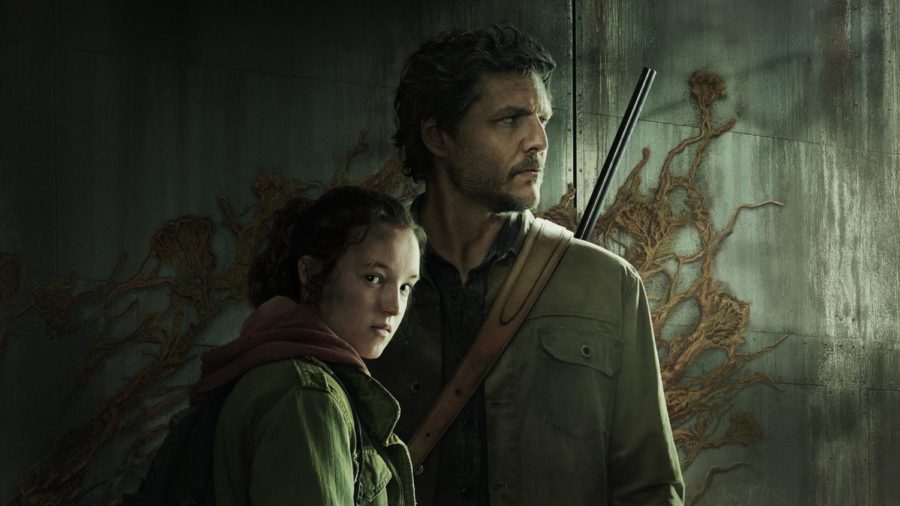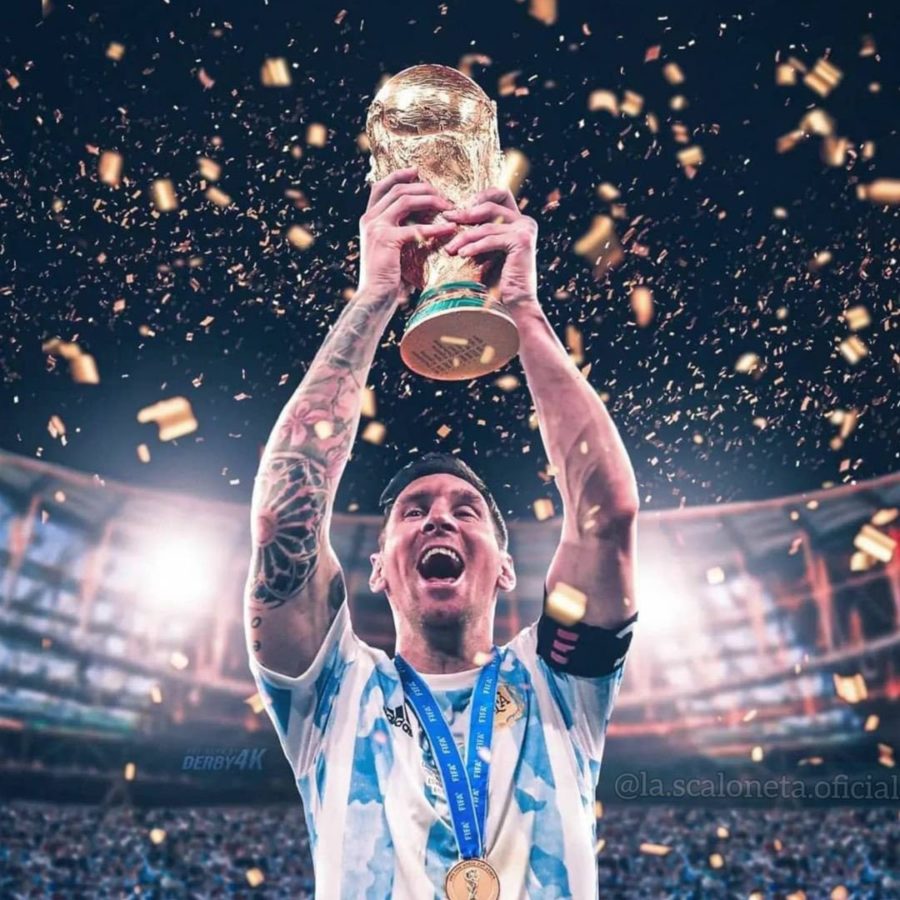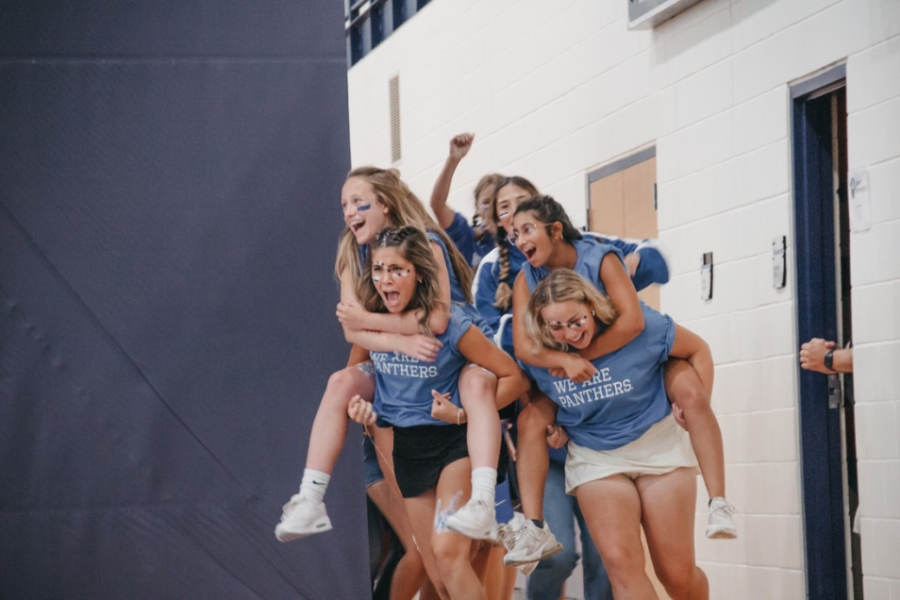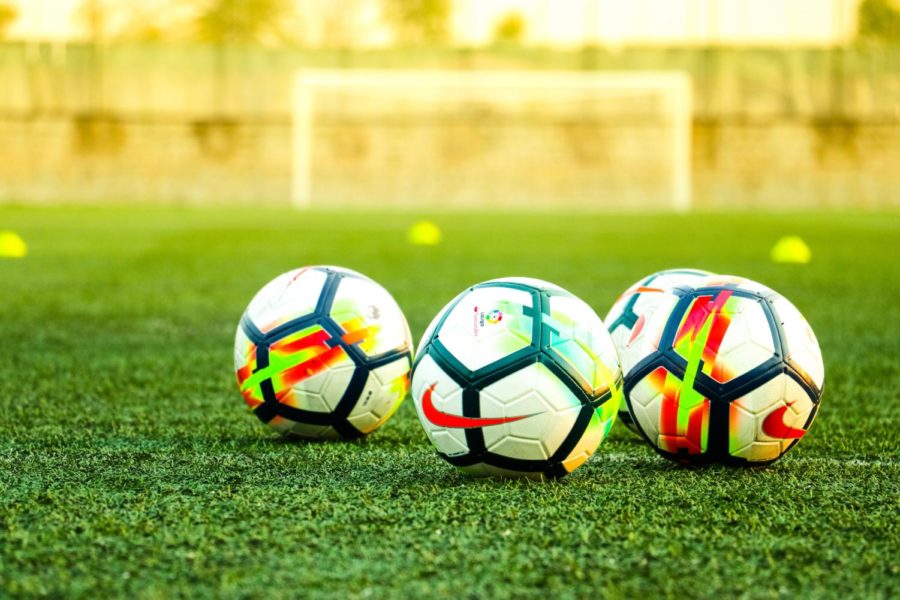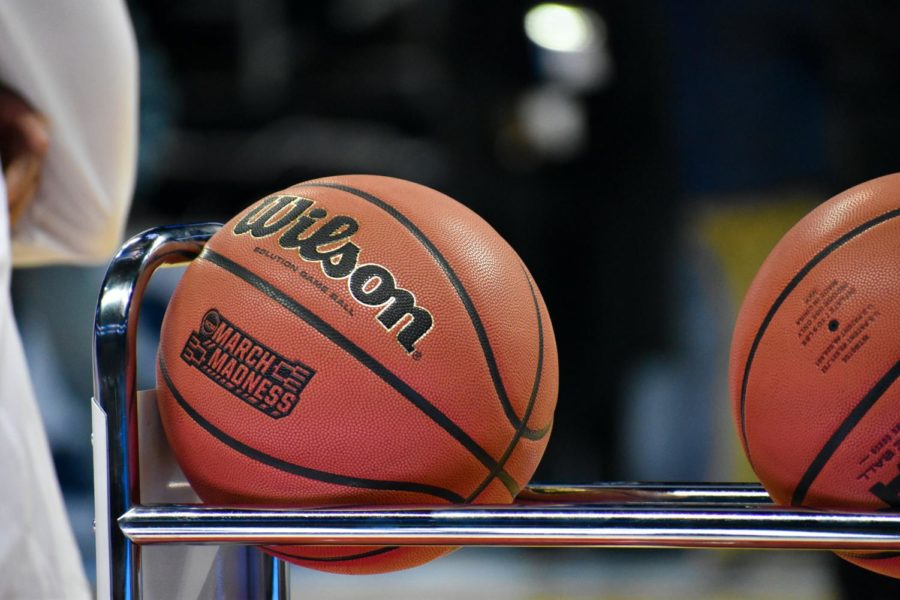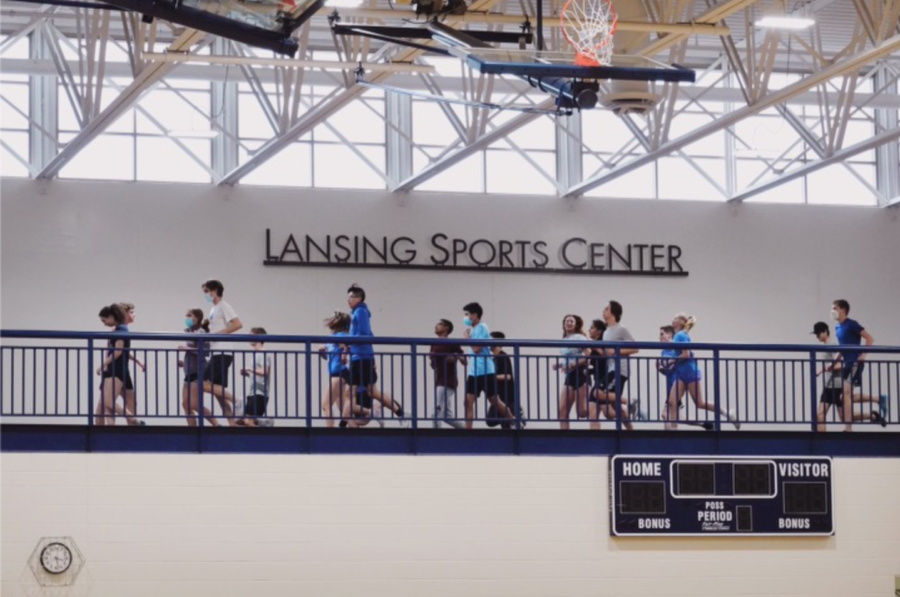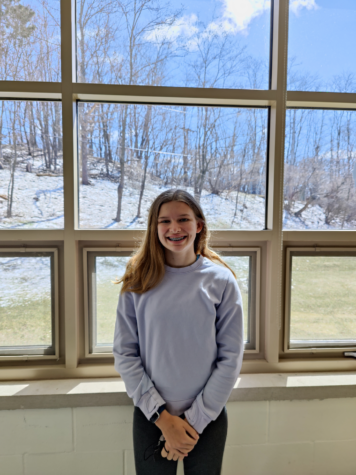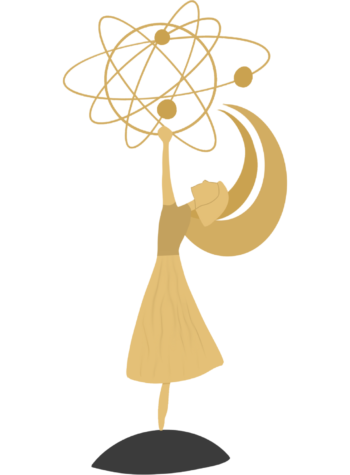Ramadan Interviews
The month of Ramadan is currently underway, and as such, many MPA students are celebrating the month by fasting, through prayer, and by spending time with their families. Numerous MPA Upper Schoolers graciously shared their experiences with Ramadan and its importance to them with the Freethinker. These students include Hamdi Ali, Zain Ali, Zainab Lodhi, Zaara Nayak, Fawzan Aslam, Nabila Artan, and Abdur-Rahman Lodhi. Thank you to all who participated.
Q: What is the thing you are looking forward to most in your celebration of Ramadan?
Response 1: Personally, I look forward to the feeling of unity. Knowing that there are around two billion Muslims out there who are fasting, going to the mosque, and waiting for that maghrib athan (call to prayer) to break their fasts with that sweet date is probably one of the best feelings on earth.
Response 2: Throughout the day, I obviously look forward to eating food once the sun sets, but in terms of celebration we would normally go to people’s houses (on the weekends) for an iftar (breaking the fast) party. Unfortunately, we haven’t done it these past Ramadans because of Covid, but I look forward to a time when we can. Ramadan is also a time of self-improvement and a time to get closer to God/Allah (SWT), and Muslims also celebrate this.
Response 3: I am most looking forward to spending time with my family and attending iftar parties. For those who aren’t aware, iftar is the evening meal during which Muslims break their fast. It usually starts by eating a date and is followed by plenty of food.
Response 4: I’m really looking forward to spending more time with my friends and family.
Response 5: One thing that always excites me about Ramadan is feeling a lot closer to the Muslim community because so many of us are celebrating at the same time.
Response 6: At the end of Ramadan, there is the celebration called Eid-al-Fitr, which is essentially a holiday to celebrate the end of Ramadan and the end of fasting. I get to spend time with my friends and family and have a feast on Eid, which is really fun. There is also a thing called Eidi, which is a gift or money parents give to their children, which is always nice to receive.
Response 7: The thing I was looking forward to the most in Ramadan was being closer to my religion and studying it more.
Q: What does the month of Ramadan mean to you/what is its importance to you/your family?
Response 1: Ramadan to me is a time of the year to really refrain from worldly matters (to an extent) and focus on every Muslim’s ultimate goal, which is to reach Jannah (paradise) by doing more good deeds, pondering over the meaning of the Quran, praying extra prayers, paying charity etc. Essentially just bettering myself and growing spiritually and creating a stronger tie towards Allah.
Response 2: I look to better myself spiritually and by being kind to others. My family eats together at a table spread with food, and, although we focus on eating, we also talk, and I enjoy this time with them.
Response 3: Although my family is not very religious, we celebrate Ramadan with our more religious family members. For me, personally, Ramadan marks memorable time with family and the importance of being grateful for family, friends, and food.
Response 4: One of the big things that my family does during Ramadan is eating suhoor (The meal we eat to begin fasting) and iftar (the meal we eat to break the fast) together. Additionally, for me, it’s a month of personal reflection.
Response 5: It is a time of self-improvement and reflection, as well as a time to practice restraint and will.
Response 6: It’s a month where Muslims try to get closer to God and to our religion. In Ramadan, my family and I tend to get closer to each other for some reason and that means a lot.
Response 7: It is a month of dedication to our beliefs, values, and religion. The main reason it is so important to me is not only did the Prophet fast during this month, but it was also the month that that the main pages of the Quran, Islam’s most sacred text and guidelines for how a Muslim should live, were revealed to him.
Q: What do you wish others (mainly non-Muslims) would understand about Ramadan?
Response 1: I think one main question a lot of non-Muslims may have is, “Why?”. What is the purpose of Ramadan? And I think fasting during Ramadan is not only one of the five pillars in Islam but it is also a way in which Muslims can devote themselves to Islam and Allah and a chance to become more compassionate to those in need. As humans it is our duty to look out for one another even if all you can do is pay a little bit of charity. It’s the little things we can do for people that have the greatest impact.
Response 2: A question Muslims get asked a lot is “No water?” I would like everyone to know that fasting for Muslims means no drinks, medicine, or food (including gum) until the sun sets. Also, if you know someone is fasting, try not to talk to them about food or water unless they initiate the conversation. I recently saw someone describing the taste of fruit-infused water to a fasting person and it seemed as if they were goading the person to take a drink. Please don’t encourage people to break their fast. It’s not a decent thing to do. Also, in case anybody is wondering, you don’t have to fast if you are ill, elderly and cannot tolerate fasting, or are pregnant or breastfeeding.
Response 3: As someone who does not fast during Ramadan, it is tempting to apologize to those who do when they aren’t eating. However, it’s best not to and avoid being insensitive to those who are fasting.
Response 4: Mostly I would like people to understand it’s really not as difficult as it might initially look. Also, personally, I really don’t care when people eat and drink in front of me or talk about eating or drinking while I am fasting–for me, it’s just not that big of a deal.
Response 5: That’s funny. I think it is important for non-Muslims to understand that because we are fasting, we might not be able to do things at the same rate we did before Ramadan, as we do get very tired and thirsty. Overall, just don’t want to be too hard on your Muslim classmates during Ramadan and try to give them some grace.
Response 6: You can’t drink or eat ANYTHING not even water from sunrise to sunset everyday (not the whole month all the time or we would die). Also some people say it must suck not eating from sunrise to sunset but it’s a holy month for Muslims and if we didn’t like to fast and hated it, we wouldn’t fast.
Response 7: I really wish they would understand this is something we choose to do, and not only because it is a requirement of our religion. We, like everything else in our religion, consider Ramadan sacred and choose to participate in it because it is important to us.
Q: Are there any other things you want to tell us about Ramadan?
Response 1: One of the nicknames of Ramadan is “The Month of Charity.” It’s all about Giving (if you can–people who aren’t fortunate enough don’t have to). I encourage everyone (even if you don’t want to fast) to try and think of others this month and really hone in on being grateful for what you have rather than focusing on what you don’t have.
Response 2: Fasting makes you appreciate the worth of food. It gives you sympathy for the poor people for which hunger is a part of life. It makes me a more compassionate and sympathetic person.
Response 3: One of the reasons we fast is to give us a brief glimpse into the lives of people who might not have as much as we do, which allows for a lot of reflection of privilege.
Response 4: Ramadan is a really cool month for us. It is very interesting and important and is also a crucial dedication of our faith. It also speaks to the Muslim community in MPA and how that is strengthened as well through the celebration of Ramadan.
Response 5: The breaking of our fast is called iftar, where we break our fast with a date or with water, and the morning meal is called suhoor, and happens before sunrise (normally around four or five AM) and we eat a lot of food then to basically not starve throughout the day.
Response 6: The day after Ramadan ends, Muslims have a celebration where we eat cake, get presents, eat a bunch of junk food, and go places and have fun. I am really excited for it.
*Responses may have been edited for clarity or length. All edited responses were screened through interviewees
Your donation will support the student journalists of Mounds Park Academy. Your contribution will allow us to purchase equipment and cover our annual website hosting costs.

